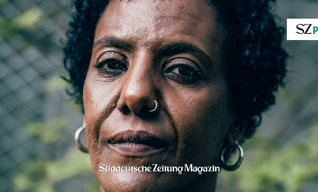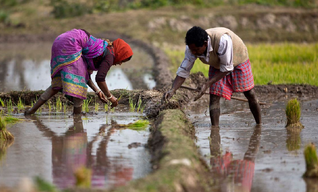
Lucia Heisterkamp
Berlin
-
Noch keine BeiträgeHier wird noch geschrieben ... bitte schaue bald nochmal vorbei

Lucia Heisterkamp
-
israel
-
menschenhandel
-
migration
-
naher osten
-
flucht
-
hamas
-
politischer islam
Audio-Redakteurin beim SPIEGEL + freie Journalistin
Auftraggeber
DER SPIEGEL , DIE ZEIT , Frankfurter Rundschau , Huffington Post , Netzwerk Flüchtlingsforschung , Open Democracy , Taz
Weitere Profile
Fehler!
Leider konnte der Artikel nicht gefunden werden.
We can't find the internet
Attempting to reconnect
Something went wrong!
Hang in there while we get back on track









